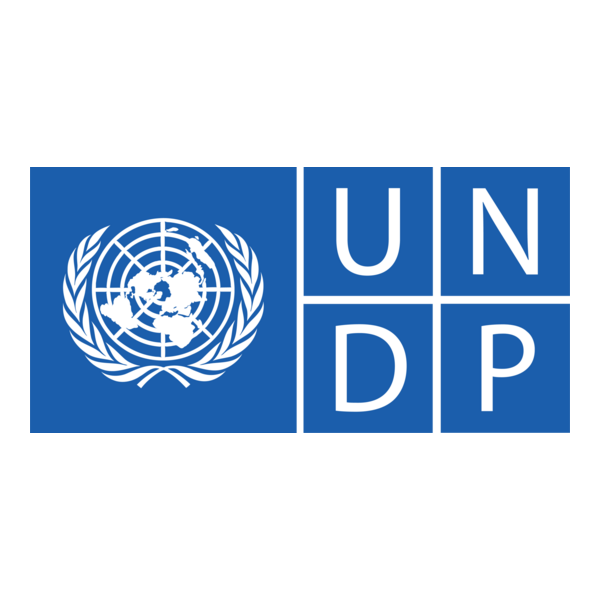About
About Living Hope Foundation:
Living Hope Foundation (LHF) is an international non-profit organization headquartered inMinnesota,United States,with a strong operational presence in Somalia. LHF was founded to empower marginalized and underserved populations including women, youth, children, and displacement-affected communities by combining global expertise with Somali-led solutions that are inclusive, sustainable, and rights-based.
Operating in one of the world’s most fragile and climate-vulnerable contexts, LHF works at the nexus of humanitarian response, development, and peacebuilding. Its interventions are anchored in Somalia’s National Transformational Plan, State-level development frameworks, and global resilience commitments.
LHF adopts a holistic and adaptive model that embeds Disaster Risk Reduction measures across all programmatic areas to strengthen the capacity of communities to withstand recurrent shocks and crises. By investing in riskinformed livelihoods, climate resilience, social protection, and peacebuilding, LHF advances durable pathways out of poverty and protracted displacement, while safeguarding dignity and equity for the most vulnerable.
Guided by its 2025–2029 Strategic Plan, LHF applies a rights-based and protection-sensitive approach that emphasizes local leadership, community ownership, and accountability to affected populations. Through strategic partnerships with government institutions, United Nations agencies, international NGOs, and grassroots networks, LHF is building a future where Somali communities particularly those at the margins of society have equitable access to opportunity, essential services, and resilience to crisis.
Mission Statement
To empower forcibly displaced and marginalized communities across by delivering locally led, sustainable, and rights-based solutions in livelihoods, climate resilience, social protection, and peacebuilding.
Vision Statement
A peaceful, resilient, and self-reliant societies where every individual regardless of their sociodemographic background has equitable access to opportunity, essential services, and the means to lead a dignified life.
Core Values
Dignity and Justice
We uphold the inherent worth of every person and prioritize those who are most excluded— ensuring fairness, inclusion, and respect in everything we do.
Local Leadership and Trust
We believe solutions must come from the communitiesthemselves. We build trust, amplify local voices, and invest in Somali-led systems for lasting change.
Integrity and Innovation in Action
We hold ourselves accountable to the highest standards—adapting boldly, acting transparently, and delivering impact through creativity and courage.
Programmatic Areas
LHF implements an integrated, community-driven programming model aimed at fostering resilience, reducing vulnerabilities, and advancing sustainable development in Somalia. Grounded in evidence and informed by national policy frameworks including the National Transformation Plan (NTP I), National Adaptation Plan (NAP 2.0), and Somalia’s National Social Protection Policy (2019), LHF’s interventions operate across four strategic programmatic areas that are interdependent and mutually reinforcing to address both the immediate needs and long-term aspirations of the words most vulnerable populations.
Risk Informed Sustainable Livelihoods And Economic Empowerment:
• Market-driven vocational and technical training tailored to youth and women.
• Microfinance and cooperative business models that reduce vulnerability to shocks.
• Agricultural cooperatives, poultry, and green enterprises adapted to climate variability.
• Employment pathways and apprenticeships through private sector partnerships.
• Livelihood programs explicitly designed to reduce reliance on harmful coping mechanisms such as child labor, early marriage, or unsafe migration.
Disaster Risk Reduction And Climate Resilience:
• Community-led early warning systems, hazard mapping, and preparedness planning.
• Climate-smart agriculture, regenerative land management, and water security initiatives.
• Expansion of renewable energy and climate technologies to reduce resource-based conflict.
• Organizing Village based resilience funds and savings schemes that enable families to access quick support during droughts, floods, or other shocks.
Social Protection And Basic Services
• Cash and voucher assistance linked with Somalia’s national social protection policy, ensuring predictable household income for vulnerable families, particularly for forcibly displaced families, drought-affected villages, and peri-urban communities.
• Expanded access to healthcare, education, nutrition, and WASH services by supporting mobile health teams in hard-to-reach rural areas, rehabilitating community water points, and providing school feeding programs in areas hosting large displaced populations.
• Strengthening maternal and child health referral systems and psychosocial support services, including community health volunteers, midwife training for rural clinics, and safe spaces for women and children exposed to trauma and displacement.
• Targeted interventions to prevent harmful coping mechanisms, such as livelihood stipends for female-headed households, keeping girls in school to reduce early marriage risks, and community-based child protection committees to reduce child labor and recruitment by armed groups.
Social Protection And Basic Services
• Cash and voucher assistance linked with Somalia’s national social protection policy, ensuring predictable household income for vulnerable families, particularly for forcibly displaced families, drought-affected villages, and peri-urban communities.
• Expanded access to healthcare, education, nutrition, and WASH services by supporting mobile health teams in hard-to-reach rural areas, rehabilitating community water points, and providing school feeding programs in areas hosting large displaced populations.
• Strengthening maternal and child health referral systems and psychosocial support services, including community health volunteers, midwife training for rural clinics, and safe spaces for women and children exposed to trauma and displacement.
• Targeted interventions to prevent harmful coping mechanisms, such as livelihood stipends for female-headed households, keeping girls in school to reduce early marriage risks, and community-based child protection committees to reduce child labor and recruitment by armed groups.
Social Cohesion, Peacebuilding And Legal
Key interventionsinclude:
• Supporting grassroots peace initiatives, including community dialogues, inter-clan forums, and traditional conflict resolution mechanisms.
• Establishing inclusive community development and peace committees that represent both displaced and host communities.
• Promoting youth and women-led civic engagement and leadership development.
• Strengthening conflict mitigation structures and participatory resolution platforms.
• Providing legal aid and justice services for at-risk populations, including those facing eviction, HLP disputes, or GBV-related legal challenges.





